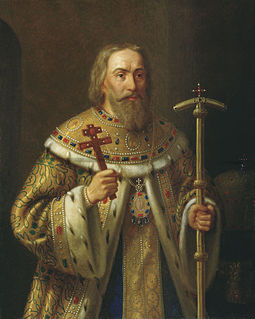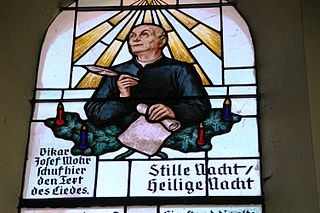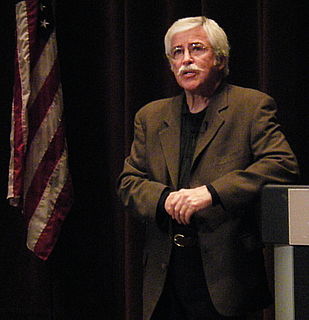A Quote by Richard Baxter
A holy and heavenly life is a continual pain to the consciences of sinners around you and continually solicits them to change their course.
Related Quotes
The Church is holy, although there are sinners within her. Those who sin, but who cleanse themselves with true repentance, do not keep the Church from being holy. But unrepentant sinners are cut off, whether visibly by Church authority, or invisible by the judgement of God, from the body of the Church. And so in this regard the Church remains holy.
Every Christian should find for himself the imperative and incentive to become holy. If you live without struggle and without hope of becoming holy, then you are Christians only in name and not in essence. But without holiness, no one shall see the Lord, that is to say they will not attain eternal blessedness. It is a trustworthy saying that Jesus Christ came into the world to save sinners (I Tim. 1:15). But we deceive ourselves if we think that we are saved while remaining sinners. Christ saves those sinners by giving them the means to become saints.
Every one is made of matter, and matter is continually going through a chemical change. This change is life, not wisdom, but life, like vegetable or mineral life. Every idea is matter, so of course it contains life in the name of something that can be changed. Motion, or change, is life. Ideas have life. A belief has life, or matter; for it can be changed. Now, all the aforesaid make up man; and all this can be changed.
Having spent time around "sinners" and also around purported saints, I have a hunch why Jesus spent so much time with the former group: I think he preferred their company. Because the sinners were honest about themselves and had no pretense, Jesus could deal with them. In contrast, the saints put on airs, judged him, and sought to catch him in a moral trap. In the end it was the saints, not the sinners, who arrested Jesus.
The Lewis and Clark tale has all the all the elements that one would want to put into a movie. It has the, continual threat for life; it's got the thread of Indians; it's got disease. It has daily risk where these men may go under the water. It's got the fight with the elements. It's got the el the role of the unknown continually threatening them.





































